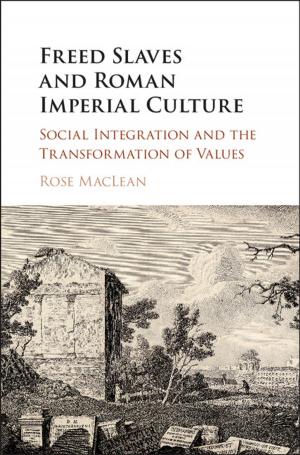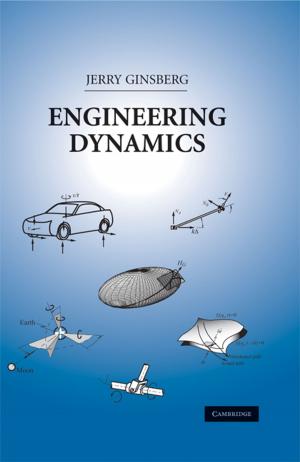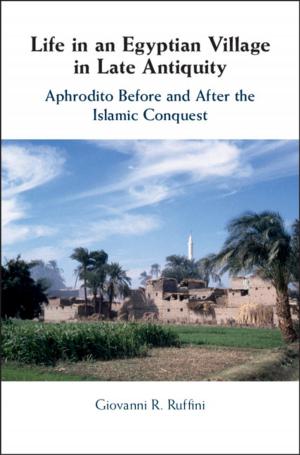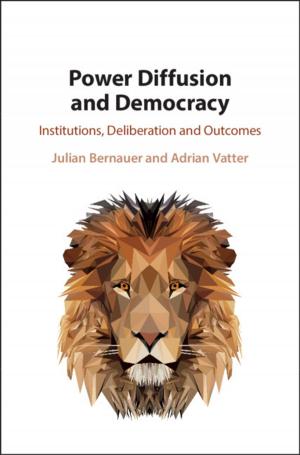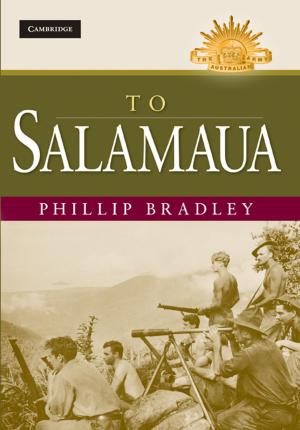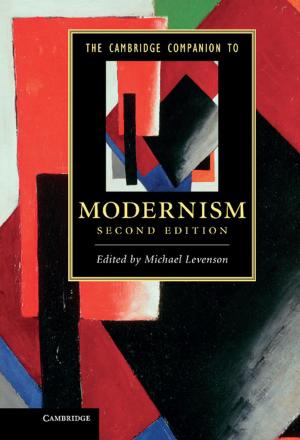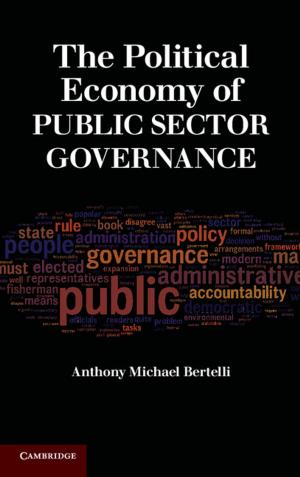Contesting Economic and Social Rights in Ireland
Constitution, State and Society, 1848–2016
Nonfiction, Reference & Language, Law, Comparative, Jurisprudence| Author: | Thomas Murray | ISBN: | 9781316683361 |
| Publisher: | Cambridge University Press | Publication: | August 18, 2016 |
| Imprint: | Cambridge University Press | Language: | English |
| Author: | Thomas Murray |
| ISBN: | 9781316683361 |
| Publisher: | Cambridge University Press |
| Publication: | August 18, 2016 |
| Imprint: | Cambridge University Press |
| Language: | English |
This book presents a political understanding of socio-economic rights by contextualising constitution-makers' and judges' decision-making in terms of Ireland's rich history of people's struggles for justice 'from below' between 1848 and the present. Its theoretical framework incorporates critical legal studies and world-systems analysis. It performs a critical discourse analysis of constitution-making processes in 1922 and 1937 as well as subsequent property, trade union, family and welfare rights case law. It traces the marginalisation of socio-economic rights in Ireland from specific, local and institutional factors to the contested balance of core-peripheral and social relations in the world-system. The book demonstrates the endurance of ideological understandings of state constitutionalism as inherently neutral between interests. Unemployed marches, housing protestors and striking workers, however, provided important challenges and oppositional discourses. Recognising these enduring forms of power and ideology is vital if we are to assess critically the possibilities and limits of contesting socio-economic rights today.
This book presents a political understanding of socio-economic rights by contextualising constitution-makers' and judges' decision-making in terms of Ireland's rich history of people's struggles for justice 'from below' between 1848 and the present. Its theoretical framework incorporates critical legal studies and world-systems analysis. It performs a critical discourse analysis of constitution-making processes in 1922 and 1937 as well as subsequent property, trade union, family and welfare rights case law. It traces the marginalisation of socio-economic rights in Ireland from specific, local and institutional factors to the contested balance of core-peripheral and social relations in the world-system. The book demonstrates the endurance of ideological understandings of state constitutionalism as inherently neutral between interests. Unemployed marches, housing protestors and striking workers, however, provided important challenges and oppositional discourses. Recognising these enduring forms of power and ideology is vital if we are to assess critically the possibilities and limits of contesting socio-economic rights today.

